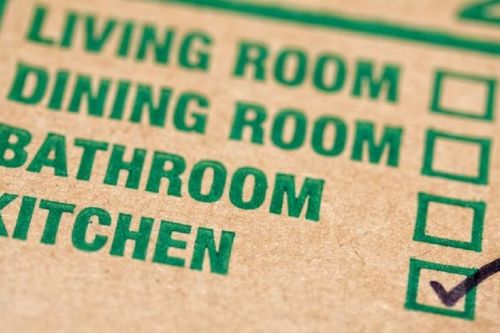TSI's Custom Move Options
Your service will be based on what and how many items you’re moving, how far they need to go, and how quickly you need them to arrive. If you are moving an entire home long-distance or need faster delivery, Full Service Expedited is often the best option. If you moving a small load and have timing flexibility, we will likely recommend the White Glove Consolidated moving service. To ship packed boxes only (no furniture), our Box-And-Ship program is the most cost-effective choice.
The best way to get an accurate quote and specific service recommendation is to talk directly with a TSI Logistics Specialist - call 800-626-1257 (Mon-Fri, 9 am-6 pm ET).


